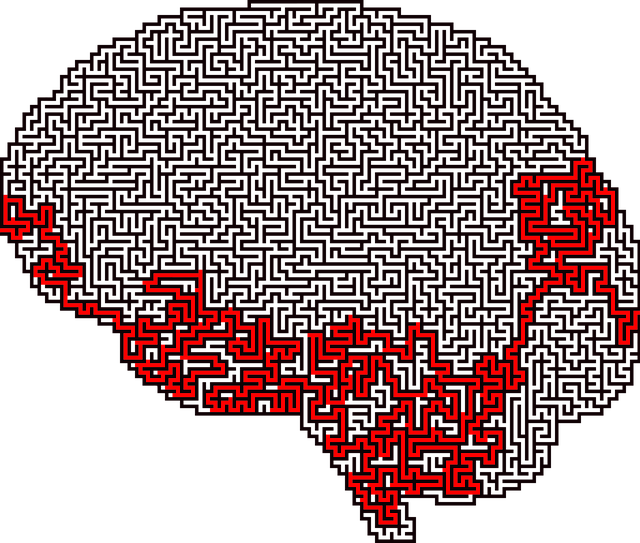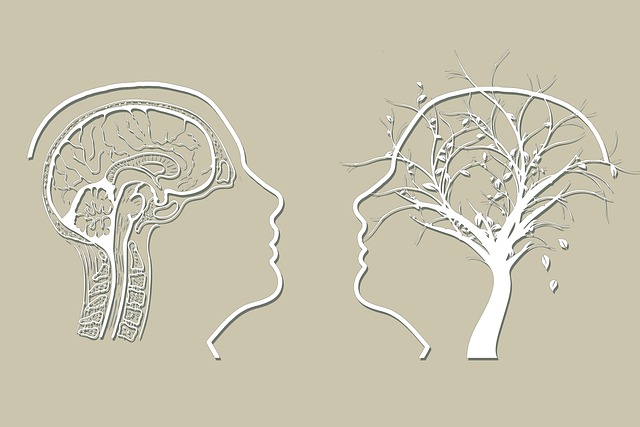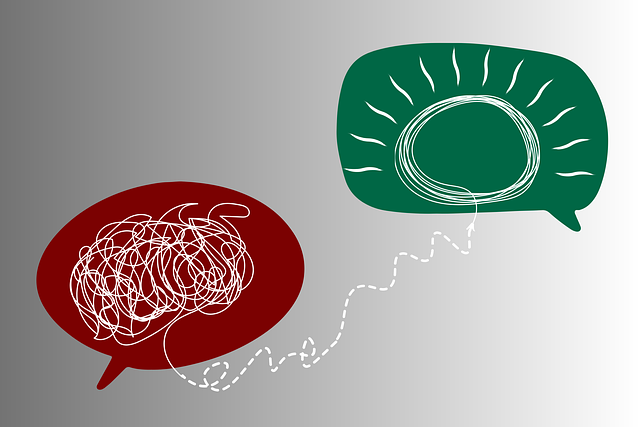Longmont Divorce Therapy focuses on teaching clients healthy coping mechanisms and stress management strategies to address emotional turmoil associated with divorce, fostering resilience, emotional balance, and improved mental health through structured guidance and personalized sessions. They emphasize recognizing personal coping mechanisms, integrating evidence-based techniques like mindfulness and deep breathing, and promoting positive thinking to navigate challenges effectively and build a stronger sense of self post-divorce.
Coping skills development is a vital component of divorce therapy, enabling individuals to navigate life transitions with resilience. This article delves into the significance of understanding and cultivating healthy coping mechanisms. We explore individual coping mechanisms, personal triggers, and effective strategies for emotional regulation during and after divorce. Additionally, we highlight the role of Longmont Divorce Therapy in teaching proven techniques and building long-term resilience, empowering individuals to thrive post-divorce.
- Understanding Coping Skills and Their Significance in Divorce Therapy
- Identifying Individual Coping Mechanisms and Personal Triggers
- Strategies for Healthy Emotional Regulation During and After Divorce
- The Role of Longmont Divorce Therapy in Teaching Effective Coping Techniques
- Building Resilience: Long-term Coping Skills for Navigating Life Transitions
Understanding Coping Skills and Their Significance in Divorce Therapy

Coping skills are essential tools in divorce therapy, helping individuals navigate the emotional challenges that often accompany marital dissolution. In Longmont Divorce Therapy, understanding and developing these skills can significantly enhance a client’s ability to adapt and heal. The process involves recognizing healthy coping mechanisms and learning new strategies to manage stress, anxiety, and depression effectively. By integrating emotional well-being promotion techniques into therapy sessions, mental health professionals facilitate risk management planning, enabling clients to mitigate potential mental health risks associated with divorce.
This proactive approach not only supports the client’s immediate emotional needs but also empowers them with long-term resilience. Mental health awareness is key in identifying when coping mechanisms fail or become detrimental, prompting individuals to seek alternative strategies and maintain their mental balance. Through structured guidance, Longmont Divorce Therapy ensures that clients develop robust coping skills, fostering better emotional regulation and overall mental health.
Identifying Individual Coping Mechanisms and Personal Triggers

Every individual copes with stress, challenges, and emotional turmoil differently. What works as a soothing mechanism for one person might not be effective for another. This is why identifying personal coping mechanisms is crucial in Longmont Divorce Therapy. By recognizing what helps you manage difficult situations, therapists can provide tailored strategies to enhance these natural defenses. Whether it’s engaging in creative pursuits, spending time in nature, or practicing mindfulness, understanding these individual responses allows for a more personalized approach to healing.
During therapy, individuals often learn to identify triggers that set off stress or anxiety responses. Recognizing these personal triggers—be they certain situations, thoughts, or emotions—is an essential step in managing them effectively. By gaining this insight, one can employ conflict resolution techniques and cultivate a self-care routine development for better mental health. For instance, if social interactions tend to be triggering, learning positive thinking exercises can help navigate these scenarios with resilience and composure.
Strategies for Healthy Emotional Regulation During and After Divorce

Divorce can be an emotionally turbulent journey, but developing healthy coping strategies is a vital part of navigating this challenging time. Longmont Divorce Therapy offers valuable resources for individuals seeking to manage their emotions effectively during and after this life transition. One key aspect of emotional regulation is learning mood management techniques. This involves recognizing and accepting one’s feelings while also adopting strategies to calm and stabilize the mind, such as deep breathing exercises or mindfulness practices. These tools empower individuals to respond to rather than react impulsively, fostering a sense of control during an otherwise unpredictable period.
Additionally, Longmont Divorce Therapy emphasizes the importance of emotional healing processes. This includes creating safe spaces for expression, whether through journaling, art therapy, or simple conversation with a trusted friend or therapist. Encouraging positive thinking and reframing negative thoughts can also significantly impact one’s outlook. By focusing on gratitude, accomplishments, and personal strengths, individuals can cultivate resilience and a more optimistic perspective, which is essential for moving forward after divorce. These strategies collectively contribute to building emotional resilience and fostering a healthier, happier life post-divorce.
The Role of Longmont Divorce Therapy in Teaching Effective Coping Techniques

Longmont Divorce Therapy offers a safe space for individuals navigating the complexities of divorce to learn and practice effective coping techniques. Through specialized programs and one-on-one sessions, therapists guide clients through the emotional healing processes, helping them manage stress, anxiety relief, and difficult emotions that often arise during this challenging life transition. By incorporating evidence-based strategies tailored to each person’s unique needs, Longmont Divorce Therapy fosters resilience and empowers individuals to develop a stronger sense of self, leading to a boost in confidence as they adapt to their new reality.
Building Resilience: Long-term Coping Skills for Navigating Life Transitions

Building resilience is a crucial aspect of developing long-term coping skills, especially during significant life transitions like divorce. Longmont Divorce Therapy emphasizes that cultivating emotional intelligence and self-awareness exercises can empower individuals to navigate these challenges effectively. By fostering positive thinking, one can enhance their ability to adapt and grow from such transitions.
This process involves recognizing and accepting emotions, understanding triggers, and developing healthy coping mechanisms. Through therapy, individuals learn to transform negative thought patterns into more adaptive ones, thereby increasing their resilience. Over time, these skills enable people to approach life’s twists and turns with a newfound sense of balance and empowerment, ensuring better mental health outcomes.
Coping skills development through programs like Longmont Divorce Therapy is a vital component of navigating life transitions, especially during challenging events such as divorce. By identifying individual coping mechanisms and learning effective emotional regulation strategies, individuals can build resilience and adapt more positively to change. This article has explored the significance of these skills, from understanding their role in therapy to fostering long-term adaptability. Through practical techniques taught by professionals like those at Longmont Divorce Therapy, folks can transform their experience of life transitions, creating a symphony of resilience that echoes through the challenges and whispers of success.














